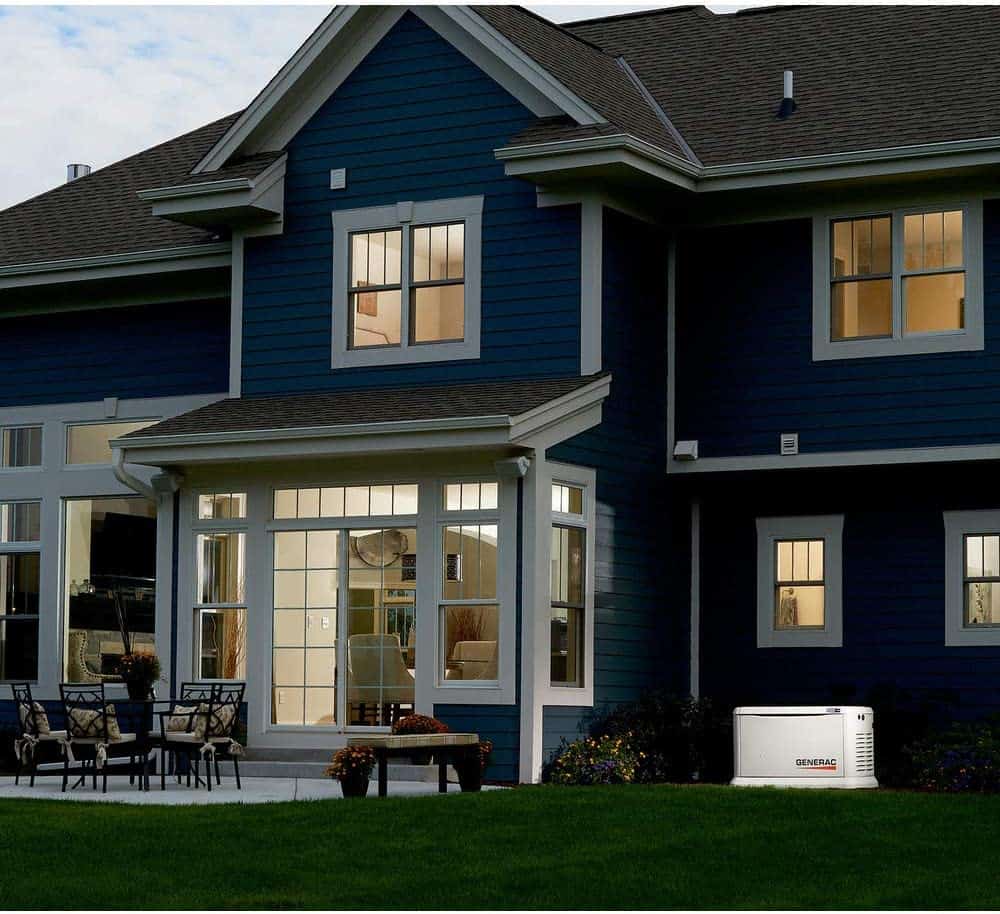Do You Need A Generator If You Have Solar Panels
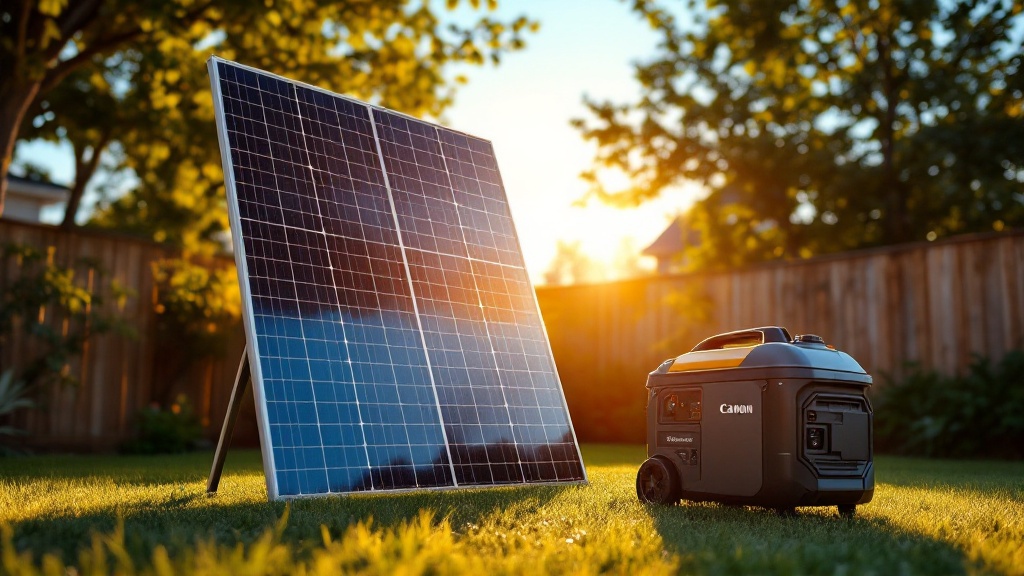
The sun dips below the horizon, painting the sky in hues of orange and purple. Inside a cozy suburban home, the lights flicker for a moment before settling into a steady glow. Outside, the neighborhood plunges into darkness as a summer storm knocks out the power grid. But this house remains lit, a beacon of self-sufficiency thanks to the hum of solar panels quietly doing their job. But are those panels really enough?
The central question remains: Do homeowners with solar panels still need a generator? While solar power offers a fantastic avenue for energy independence, the answer isn't always a straightforward 'no.' This article delves into the complexities, exploring the situations where a generator remains a valuable asset even with a fully functional solar system.
Understanding Solar Panel Limitations
Solar panels are a brilliant technology, converting sunlight into electricity. However, their output is entirely dependent on one crucial factor: the sun. At night, or during periods of heavy cloud cover, solar panel production drops drastically or even ceases completely.
Most residential solar systems are grid-tied, meaning they're connected to the traditional power grid. During the day, excess solar energy is sent back to the grid, and at night, electricity is drawn from the grid to power the home. This arrangement provides a reliable energy source, but what happens when the grid itself fails?
According to the U.S. Energy Information Administration (EIA), power outages are a common occurrence, with the average American experiencing several hours of disruption each year. These outages can range from brief flickers to extended periods lasting days, especially after severe weather events.
The Role of Battery Storage
One key factor influencing the need for a generator is the presence of battery storage. A solar system with battery backup can store excess solar energy generated during the day for use at night or during power outages.
However, even with batteries, there are limitations. The size and capacity of the battery bank determine how long the stored energy can last and what appliances can be powered simultaneously. A smaller battery system might only be sufficient to power essential loads like lights, a refrigerator, and medical devices.
Larger, more expensive battery systems can provide whole-house backup, but even they have a finite capacity. Extended power outages, lasting for several days, can deplete even the most robust battery systems.
Sizing Your Battery System
Properly sizing a battery system is crucial. It depends on your energy consumption habits and the specific appliances you want to keep running during an outage. A careful assessment of your power needs, often done with the help of a solar installer, is essential for determining the appropriate battery capacity.
According to a report by Wood Mackenzie, the residential energy storage market is rapidly growing, reflecting increasing consumer awareness of the benefits of backup power. However, the initial investment can be significant, making a generator a more cost-effective alternative for some homeowners.
Why a Generator Might Still Be Necessary
Even with solar panels and battery storage, a generator can provide an added layer of security and flexibility. Here are a few scenarios where a generator proves its worth.
- Extended Power Outages: As mentioned earlier, prolonged outages can deplete even the largest battery systems. A generator can provide a continuous source of power until the grid is restored.
- High Energy Demand: During an outage, running multiple high-wattage appliances simultaneously (e.g., air conditioning, electric heaters) can quickly drain a battery. A generator can handle these heavy loads without depleting stored energy.
- Emergency Situations: In emergency situations, such as natural disasters, having a reliable backup power source can be critical for communication, medical equipment, and overall safety.
FEMA (Federal Emergency Management Agency) recommends having a backup power source readily available, especially in areas prone to power outages due to weather events.
Types of Generators
If you decide to invest in a generator, there are several types to choose from. Each has its own advantages and disadvantages.
- Portable Generators: These are the most common type, offering a relatively affordable and versatile solution. They run on gasoline, propane, or natural gas and can be easily moved from one location to another.
- Standby Generators: These are permanently installed and automatically kick in when the power goes out. They are more expensive than portable generators but offer greater convenience and reliability.
- Inverter Generators: These are quieter and more fuel-efficient than traditional generators, making them a good option for sensitive electronics. They are also more expensive but provide cleaner power.
Choosing the right type of generator depends on your specific needs and budget. Consider factors like power output, fuel source, noise level, and ease of use.
Integrating Generators with Solar Systems
Integrating a generator with a solar system requires careful planning and proper wiring. It's crucial to ensure that the generator doesn't backfeed into the grid, which can be dangerous and illegal.
A qualified electrician can install a transfer switch that allows you to safely switch between grid power, solar power, and generator power. This prevents backfeeding and ensures that the generator only powers your home when the grid is down.
Some modern solar inverters are designed to work seamlessly with generators, automatically starting the generator when the battery is depleted or when there's a power outage. This provides a hands-free backup power solution.
Cost Considerations
The cost of a generator can vary widely depending on the type, size, and features. Portable generators can range from a few hundred dollars to several thousand, while standby generators can cost tens of thousands of dollars, including installation.
Factor in the ongoing costs of fuel and maintenance when calculating the total cost of ownership. Regular maintenance, such as oil changes and spark plug replacements, is essential for keeping your generator running reliably.
Compare the cost of a generator with the cost of a larger battery system to determine the most cost-effective solution for your needs. Consider the long-term benefits of each option, including energy independence and peace of mind.
Making the Right Decision
Ultimately, the decision of whether or not to get a generator depends on your individual circumstances. Consider your location, frequency of power outages, energy consumption habits, and budget.
If you live in an area prone to frequent or prolonged power outages, or if you have critical medical equipment that requires a continuous power supply, a generator may be a worthwhile investment, even with solar panels and batteries. Assess your risk tolerance and weigh the potential benefits against the costs.
Consult with a qualified solar installer and electrician to discuss your backup power options and determine the best solution for your needs. They can help you evaluate your energy consumption, recommend appropriate battery sizes and generator types, and ensure proper installation and integration.
A Brighter, More Resilient Future
The sun dips below the horizon once more. Even though the grid is still vulnerable, the house stands ready, a testament to informed decision-making and the power of combining solar energy with a thoughtful backup plan. It’s not just about having power; it’s about having peace of mind, knowing that even when the lights go out elsewhere, yours can stay on.
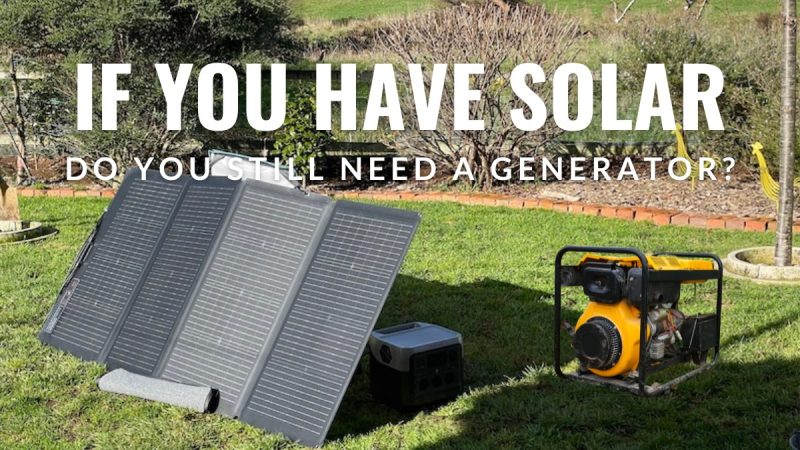
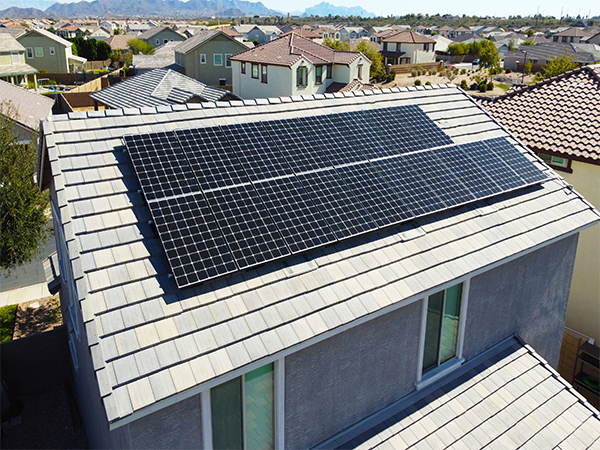



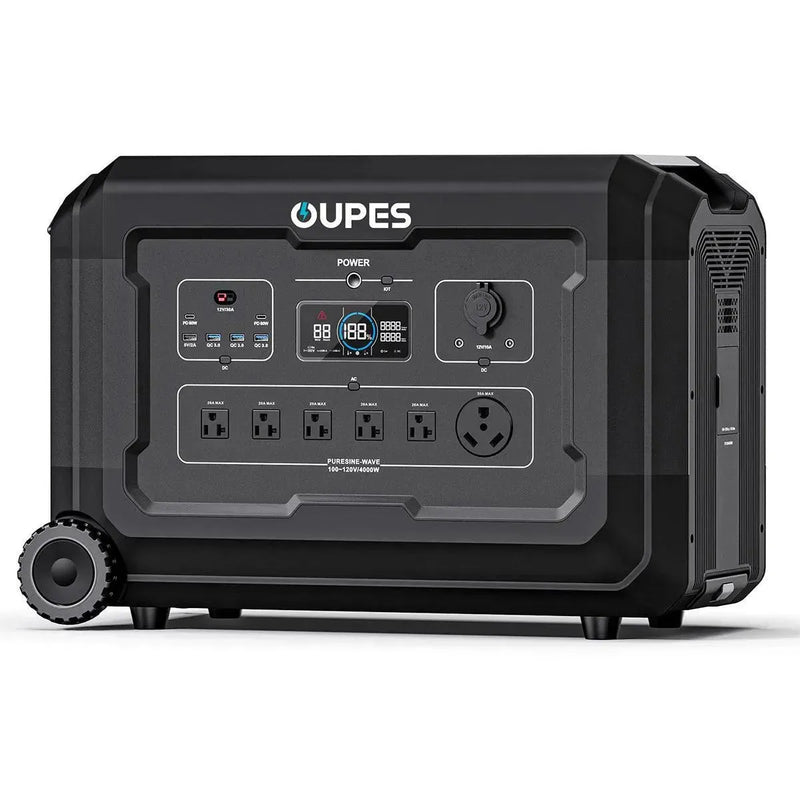
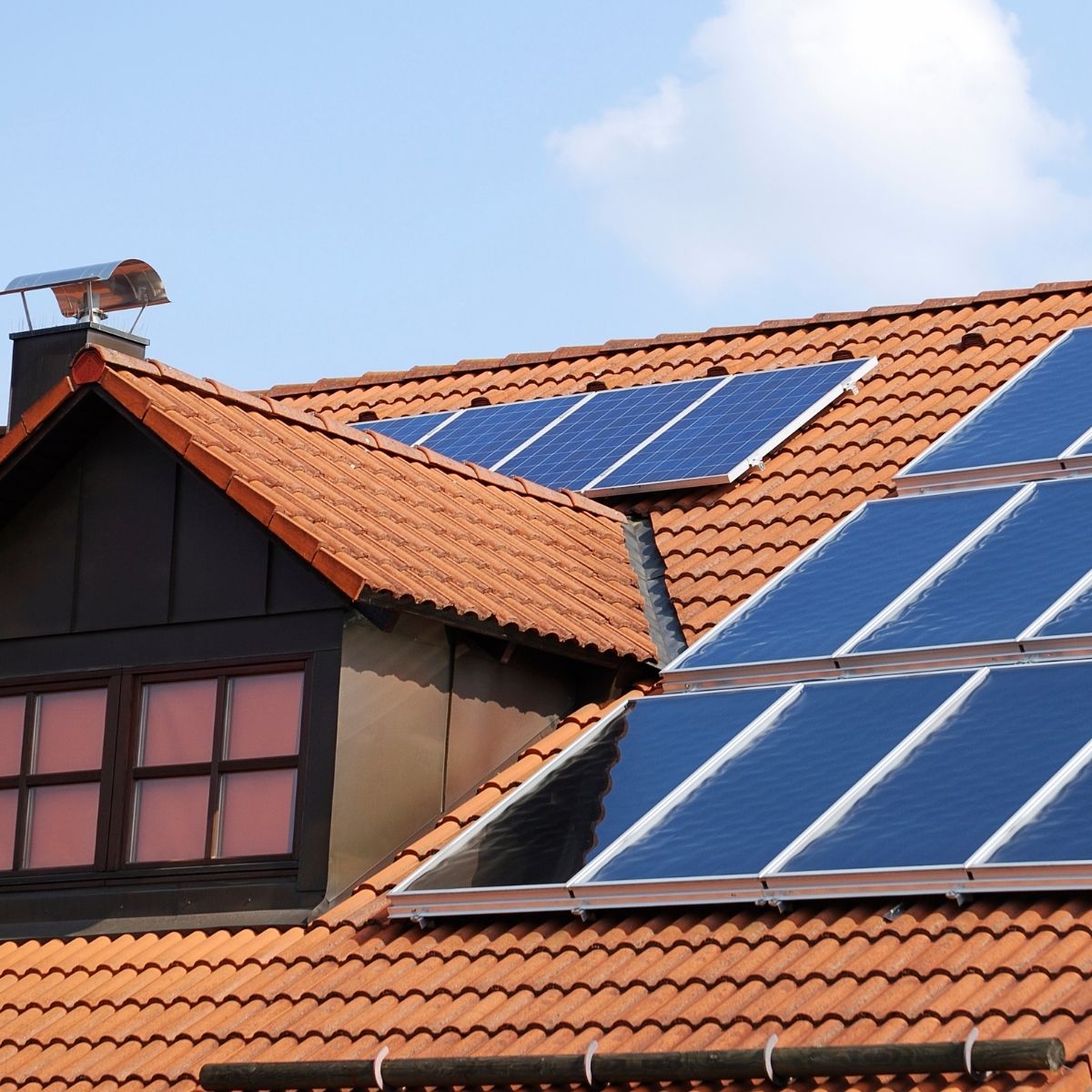


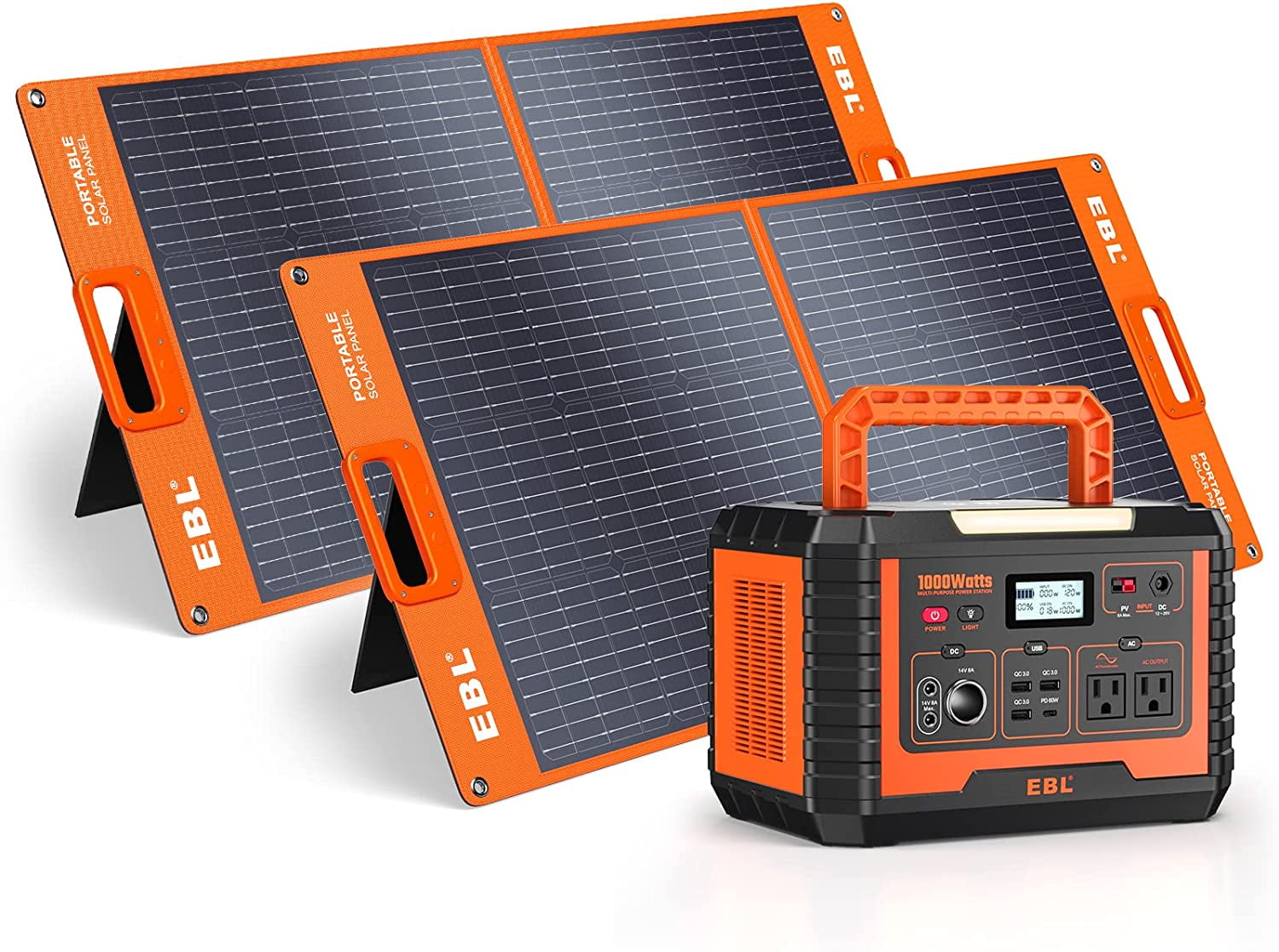
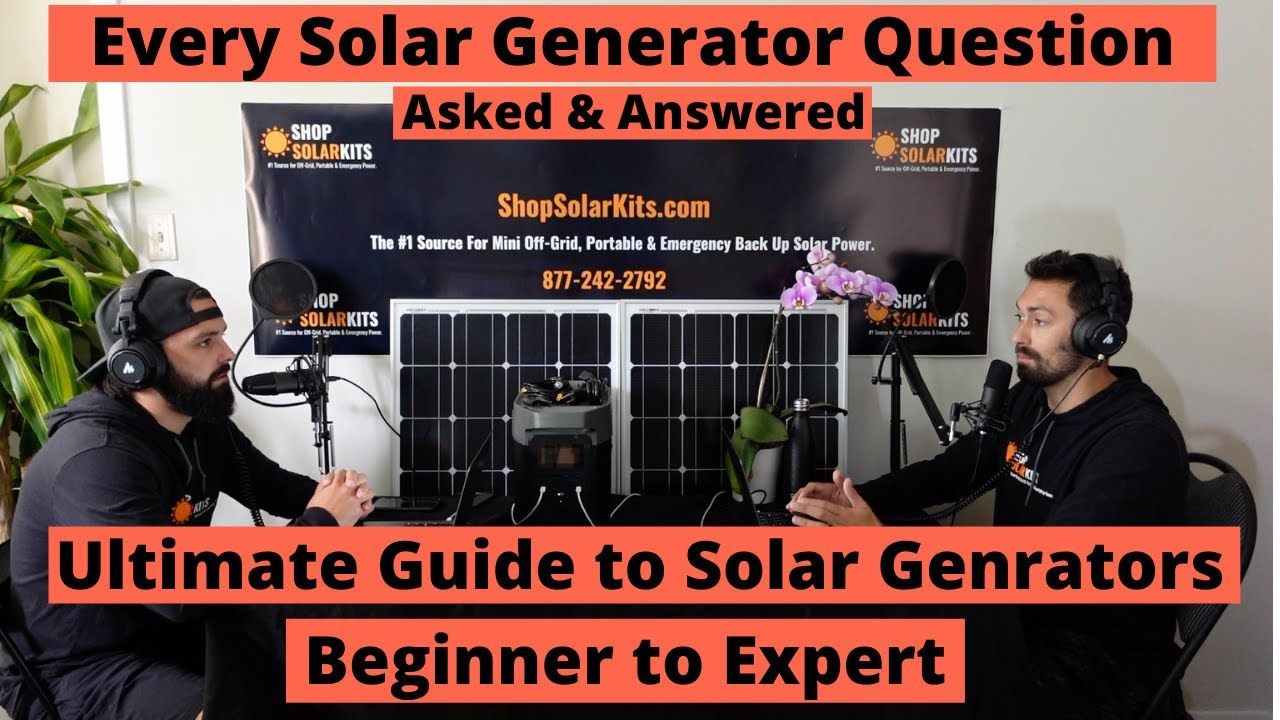

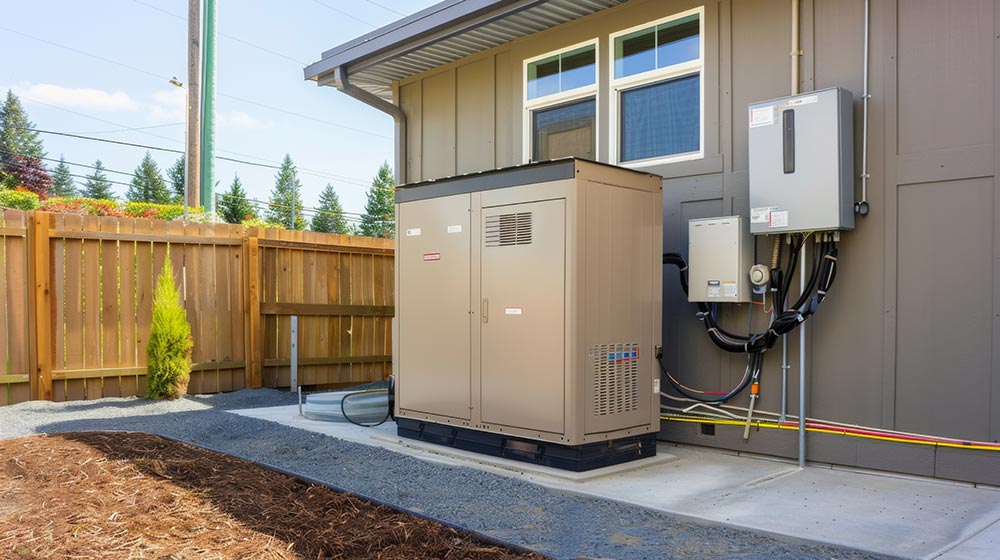
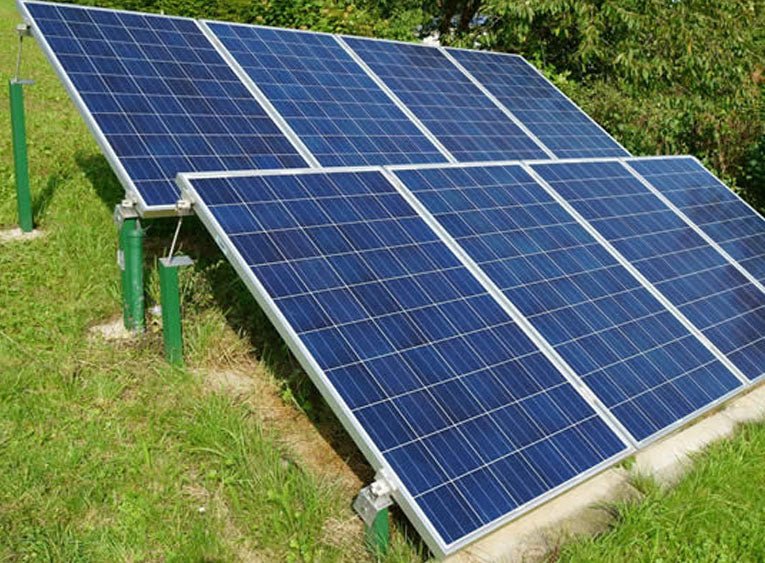
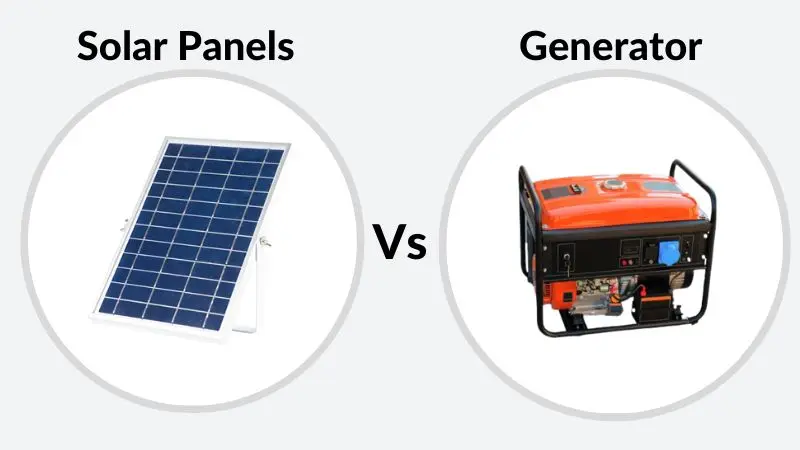
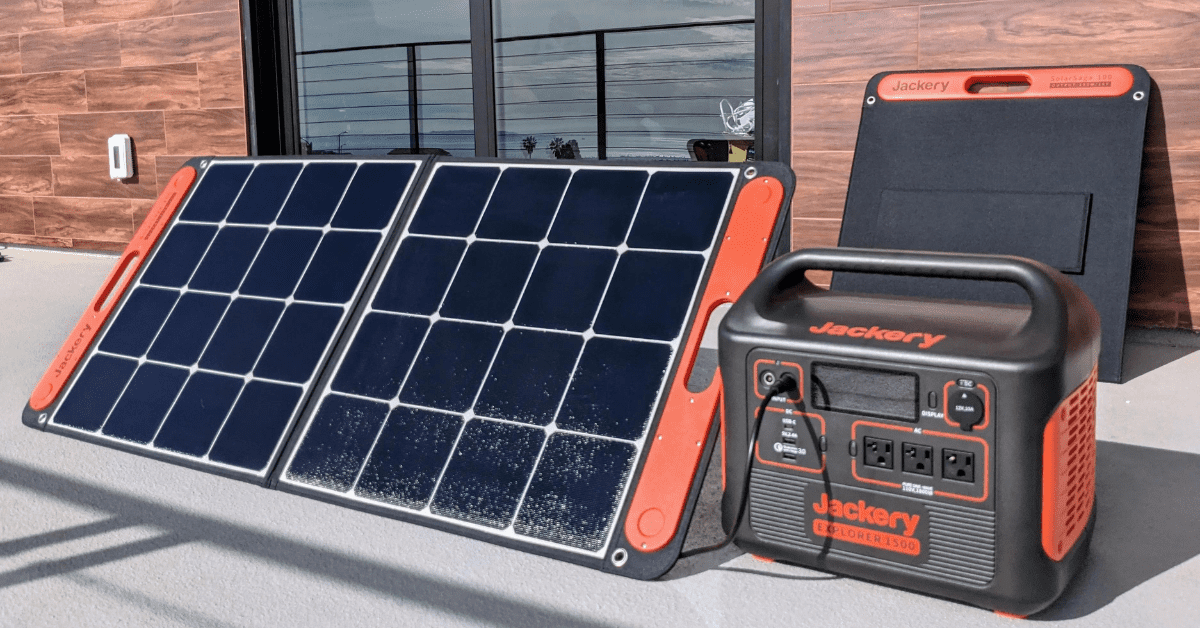
:max_bytes(150000):strip_icc()/Jackery-SG880-Solar-Generator-with-2-Solar-Panels-21d97ae0ca7e440495d38f8d7dabb7a2.jpg)
